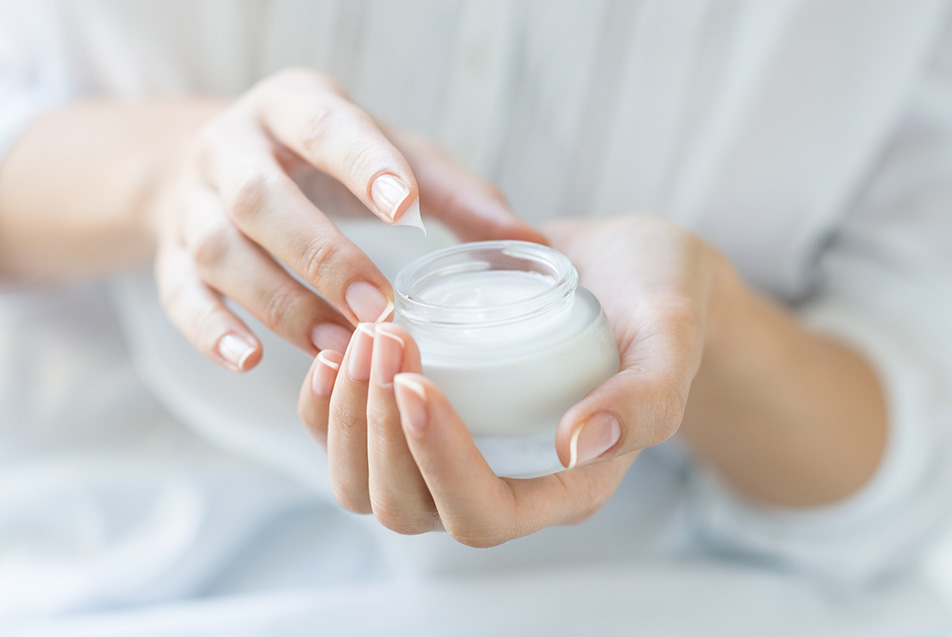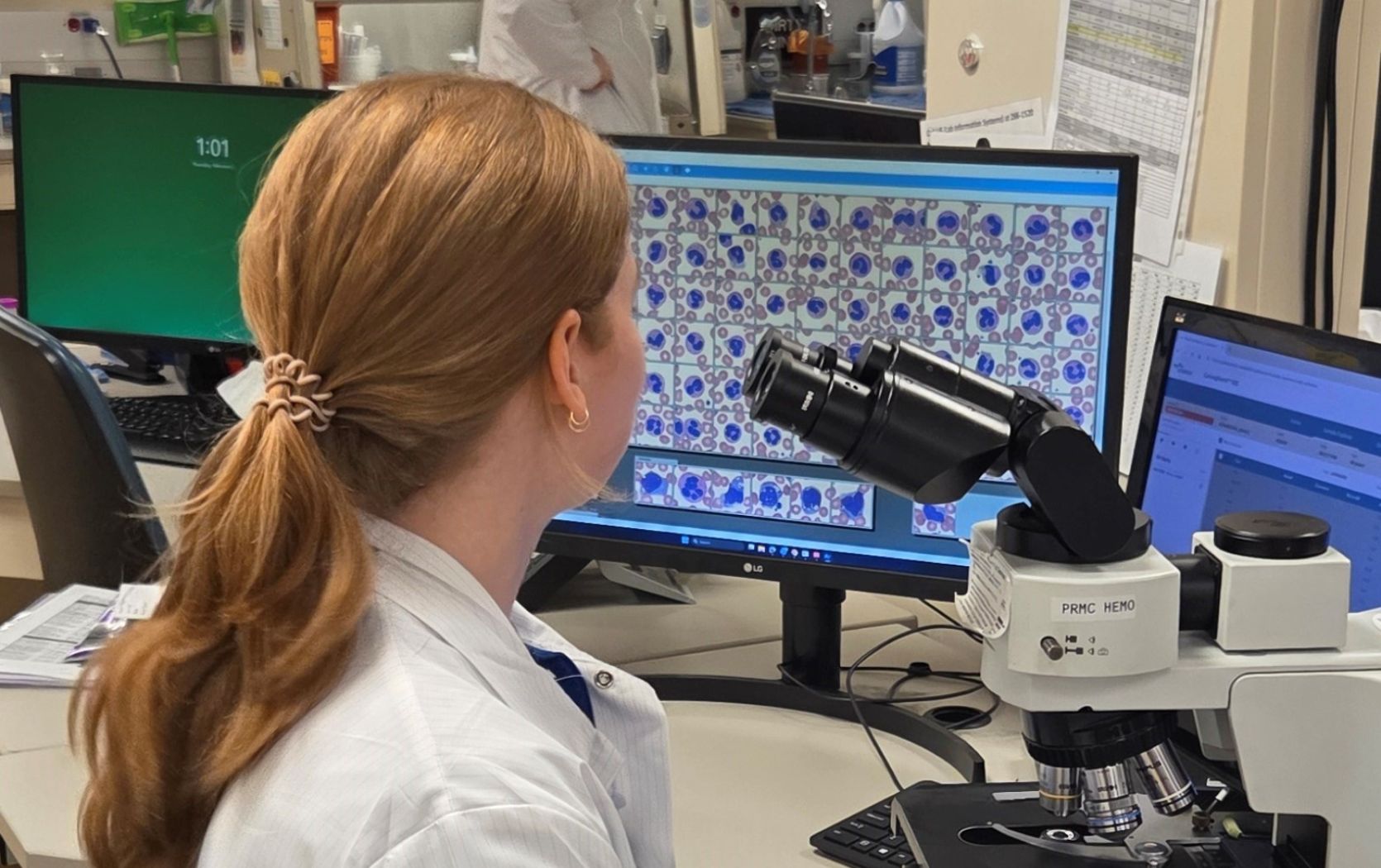
This post was written by Leigh Ann Brooks, RN, BSN, RD, CD, CDE, nursing services operational lead, Diabetes Education Center.
Diabetes can impact nearly every organ in the body, from your brain to your heart and kidneys to your largest organ, which is your skin. Diabetes and elevated blood sugars can cause the skin to become dry. When the blood sugar is elevated it can cause dehydration, which robs your skin of fluids.
If you have neuropathy (nerve damage) from your diabetes, your legs and feet may not receive the message that they need to produce sweat. As the skin becomes progressively drier, it will begin to itch and even crack. This, accompanied with poor blood flow and elevated blood sugars, can prevent the body from fighting off bacteria and infection. This can lead to open wounds that will become difficult to heal.
Skin care tips
Caring for your skin by staying hydrated and providing moisturized may prevent complications. Here are 12 tips to keep your skin as healthy as possible.
- Maintain blood sugar control as close to normal as possible.
- Avoid hot baths and showers as this will dry out the skin further. Also, avoid soaking your feet.
- After bathing, be sure to dry your body thoroughly, especially between your toes.
- Moisturize daily, but do not put lotion between your toes.
- If you have a cut, wash with soap and water. You may want to contact your physician to see if a topical antibiotic cream would be appropriate.
- If you have a sore, open area or blister on your body, contact your physician immediately for treatment guidelines.
- Drink plenty of water and non-caffeinated beverages to keep your body well hydrated.
- Try not to scratch dry, itchy skin as this could cause irritation or infection on the skin.
- Use mild soaps and detergents to prevent the skin from becoming irritated.
- During the winter months increase the humidity in your home.
- Contact your physician for skin concerns or areas that are not showing signs of healing within a week.
- Be sure to examine your feet daily for open areas, redness, warmth, cracked skin, blisters or drainage. Notify your physician immediately if you require treatment.
Resources:
http://www.diabetes.org/living-with-diabetes/complications/skin-care.html
https://www.joslin.org/info/good_skin_care_and_diabetes.html




